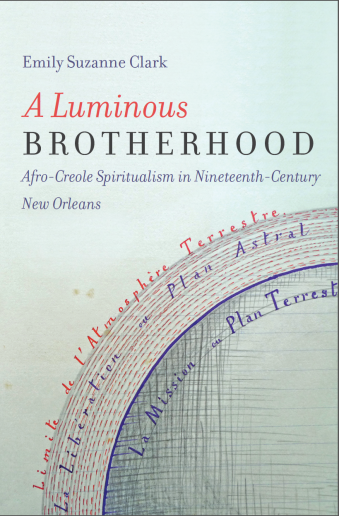CFP: Deadline approaching – Race, Sex, and Reproduction in the Global South, c.1800-2000 workshop
Humanities and Social Sciences Online
2016-09-12
Chiara Beccalossi
Reminder – Proposals for the Race, Sex, and Reproduction in the Global South, c.1800-2000 workshop are due on 25 September 2016.
Call for papers: Workshop: Race and Ethnicity in the Global South and the Sydney Centre for the Foundations of Science (The University of Sydney), 18 April 2017
Keynote speaker:
Alison Bashford, Vere Harmsworth Professor of Imperial and Naval History
University of Cambridge
Biomedical scientists grew preoccupied with the size of the population and patterns of reproduction at the beginning of the nineteenth century. By the end of the same century sexology, a science devoted to the study of human sexual behavior, emerged, and at the beginning of the twentieth century the eugenics movement advocated active social engineering and state intervention in citizens’ private lives and reproductive sexuality. Such medical attention on reproduction and control of human sexual behaviour has been closely intertwined with interest in evolutionary theories, the improvement of hereditary traits and racial differences. Scientific and pseudo-scientific inquiries into race and sexuality increasingly informed national policies in the modern period; for example they were used to support policies to restrict mixed-race unions, control immigration and to promote pronatalist campaigns among some ethnic groups.
This medical and scientific knowledge on race and sexuality has moved across countries and continents to become global through processes of translation, hybridisation and transculturation. However, historical accounts of how science and medicine have shaped modern ideas of race and sexuality in a global context quite often refer only to Western countries in the Global North. Recent innovative histories on the Global South have shown that debates on race and reproduction in the southern hemisphere have their own history; they neither uncritically reflect ideas from the Global North nor have they been simply influenced by theories popular in the northern hemisphere. For example, we can find biomedical scientists in the southern hemisphere who showed greater interest in racial plasticity, environmental adaptation, mixing or miscegenation, and blurring of racial boundaries. Likewise sexologists in the Global South were far more interdisciplinary than their northern counterparts and incorporated criminal anthropology, psychiatry, biology, endocrinology and psychoanalysis in their studies until well into the 1970s.
This workshop aims to explore medical and scientific understandings of race and reproduction in the Global South in the nineteenth and twentieth centuries, and to illustrate how these understandings have influenced government policies. We invite scholars working on the Global South to submit a proposal and possible topics include:
- Reproduction, sexuality and race
- Gender and race
- Sexology
- Evolutionary, hereditary and ecological theories
- Medical and scientific ideas about racial plasticity, environmental adaptation, miscegenation and assimilation
- Indigeneity and post/colonialism
- Biopolitics, immigration and reproductive policies
We aim to publish the contributions in an international peer-reviewed journal.
Abstracts of proposals and a short CV (max. 2 pages) should be sent to: CBeccalossi@lincoln.ac.uk
Abstracts should be approx. 250 words in length, sent as an email attachment, and list name, organisation, and contact address. They should also include the title of the proposed paper.
The deadline for the submission of proposals is 25 September 2016. Proposers will be informed whether their paper has been accepted by 1 October 2016.
Enquiries about the workshop should be directed to the above email address.
Organisers:
Warwick Anderson (University of Sydney)
Chiara Beccalossi (University of Lincoln)
Hans Pols (University of Sydney)
For more information, click here.




